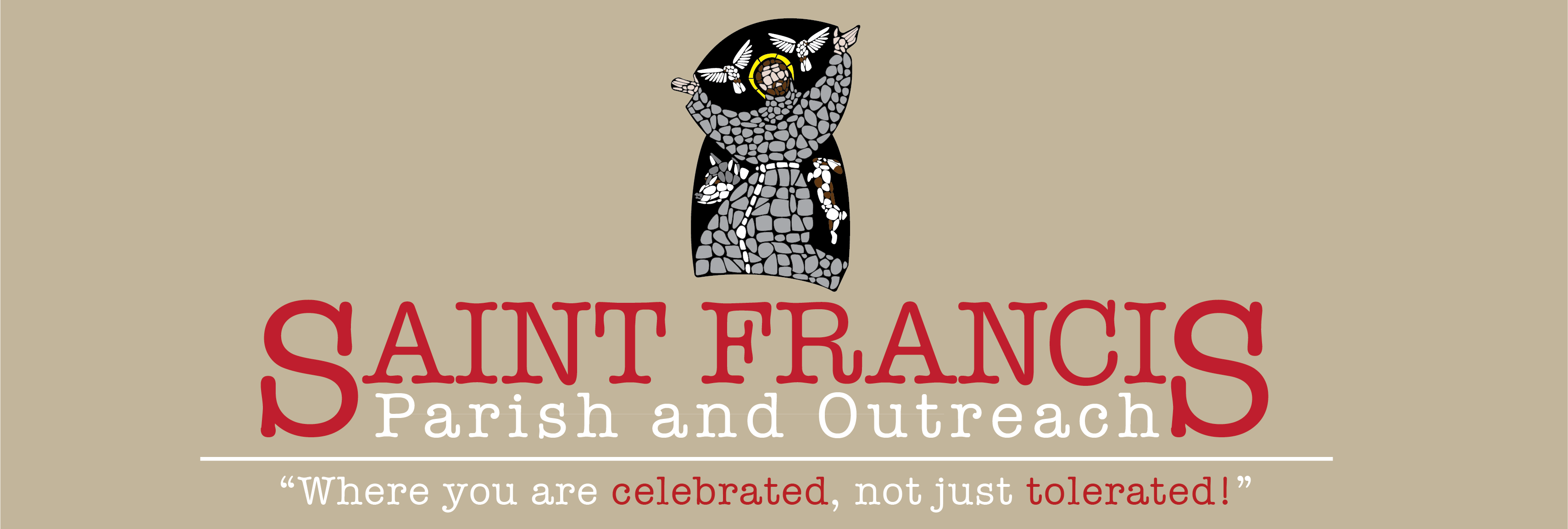In 1871, the first Old Catholic Congress was held in Munich Germany. It was convened to lay the ground work to seek recognition from the German Government as being a separate church from the Roman Catholic Church. Below is the declaration that came out of that Congress and is one of the foundational documents of Old Catholicism.
- Conscious of our religious duties, we hold fast to the Old Catholic creed and worship, as attested in scripture, and in tradition. We regard ourselves, therefore, as actual members of the Catholic Church, and will not be deprived of communion with the Church, nor of the rights, which through this communion, accrue to us in Church and State. We declare the ecclesiastical penalties decreed against us, on account of our fidelity to our creed, to be unjustifiable and tyrannical; and we will not allow ourselves to be daunted or hindered by these censures in availing ourselves of our communion with the Church according to our conscience. From the point of view of the confession of faith contained in the so-called Tridentine Creed, we repudiate the dogmas introduced under the pontificate of Pius IX in contradiction to the doctrine of the Church, and to the principles continuously followed since the Council of Jerusalem, especially the dogmas of the Pope’s infallible teaching, and of his supreme episcopal and immediate jurisdiction.
- We rely on the old constitution of the Church. We protest against every attempt to oust the bishops from the immediate and independent control of the separate Churches. We repudiate, as in conflict with the Tridentine Canon, according to which there exists a God-appointed hierarchy of bishops, priests, and deacons, the doctrine embodied in the Vatican doctrine, that the Pope is the sole God-appointed depositary of all ecclesiastical authority and power. We recognize the primacy of the Bishop of Rome as it was acknowledged, on authority of Scripture, by Fathers and Councils in the old undivided Christian Church.
- We declare that articles of belief cannot be defined merely by the utterance of the Pope for the time being, and the express or tacit assent of the bishops, bound as they are by oath to unqualified obedience to the Pope; but only in accordance with Holy Scripture and the old tradition of the Church, as it is set forth in the recognized Fathers and Councils. Moreover a council which was not, as the Vatican Council was, deficient in the actual external conditions of ecumenicity, but which, in the general sentiment of its members, exhibited a disregard of the fundamental principles and of the past history of the Church, could not issue decrees binding upon the consciences of the members of the Church.
- We lay stress upon this principle that the conformity of the doctrinal decisions of a council, with the primitive and traditional creed of the Church, must be determined by the consciousness of belief of the Catholic people and by theological science. We maintain for the Catholic laity and the clergy, as well as for theological sciences, the right of testifying and of objecting on the occasion of establishing articles of belief.
- We aim at a reform in the Church in cooperation with the sciences of theology and canon law, which shall, in the spirit of the ancient Church, remove the present defects and abuses, and in particular shall fulfill the legitimate decrees of the Catholic people for a constitutionally regulated participation in Church business, whereby, without risk to doctrinal unity or doctrine, national considerations and needs may be taken account of. We declare that the charge of Jansenism against the Church of Utrecht is unfounded, and that consequently no opposition in dogma exists between it and us. We hope for a re-union with the Greco-oriental and Russian Church, the separation of which had no sufficient origin, and depends upon no insuperable difference in dogma. Whilst pursuing the desired reforms in the path of science and a progressive Christian culture, we hope gradually to bring about a good understanding with the Protestant and Episcopal churches.
- We hold scientific study indispensable for the training of the clergy. We consider that the artificial seclusion of the clergy from the intellectual culture of the present century (as in the seminaries and higher schools under the sole conduct of the bishops) is dangerous, from the great influence which the clergy possess over the culture of the people, and that it is altogether unsuited to give the clergy such an education and training as shall combine piety and morality, intellectual culture and patriotic feeling. We claim for the lower order of clergy a suitable position of consideration, protected against all hierarchical tyranny. We protest against the arbitrary removal of secular priests, amovibilitas ad nutum, a practice introduced through the French Code, and latterly imposed everywhere.
- We support the constitutions of our countries, which secure us civil freedom and culture. Therefore we repudiate on national and historical grounds the dangerous dogma of Papal supremacy; and promise to stand faithfully and resolutely by our respective Governments in the struggle against that ultramontanism which assumes the form of dogma in the Syllabus.
- Since manifestly the present miserable confusion in the Church has been occasioned by the society called that of Jesus; since this order abuses its influence to spread and cherish among the hierarchy, clergy, and people, tendencies hostile to culture, dangerous to the State and to the nation; since it teaches and encourages a false and corrupting morality: we declare it as our conviction that peace and prosperity, unity in the Church, and just relations between her and civil society, will only be possible when the pernicious activity of this order is put an end to.
- As members of the Catholic Church, to which – not yet altered by the Vatican decrees – Government had guaranteed political recognition and public protection, we maintain our claims to all the real property and legal rights of the Church.
